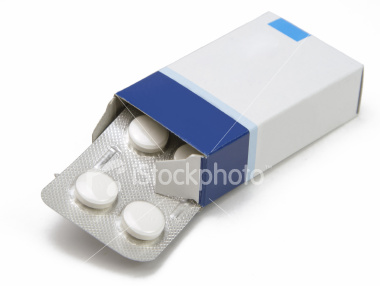Team:KULeuven/Project
From 2008.igem.org
Dr. Coli, the bacterial drug delivery system
Our team’s project is Dr. Coli, an E. coli bacterium that produces a drug when and where it is needed in the human body. It does this in an intelligent way, such that the drug production meets the individual patient’s needs. And when the patient is cured, Dr. Coli eliminates itself from the body. To achieve this, a molecular timer registers the time since the last disease signal sensed. Then after a certain time, Dr. Coli self-destructs. However, when the disease flares up again – above a certain noise level - the timer is reset and new drug is produced. Finally, the timer will not start counting during the production of Dr. Coli, thanks to its disease-memory.
Dr. Coli thus has several advantages over classical drugs, and, if proven successful, could have many medical applications. One example could be the delivery of a vasoactive intestinal peptide as a potential treatment for Crohn's disease.
Within the time frame of the iGEM competition, we aim at delivering a proof of concept of Dr. Coli. For the input and output of the system, i.e. sensing the disease signal and producing the appropriate amount of drug, we use a dummy system. The most important assets of our proof of concept are the different control mechanisms. Since these are very much dependent on kinetic and other constants, Dr. Coli heavily relies on proper modeling.
Essential aspects of Dr. Coli
Dr. Coli delivers drugs in situ
Dr. Coli produces a drug when it senses a certain disease signal in the human body. In our project, we replaced the input disease marker by a dummy light input. The proportional output drug production is mimicked with a fluorescent protein.
Dr. Coli self-destructs
When the patient is cured, Dr. Coli is no longer needed and will eliminate itself from its host. Therefore, we placed an inverter, a molecular timer and a cell death mechanism in cascade. When no input signal is present, the inverter initiates the molecular timer, eventually leading to cell death. Upon renewed presence of the disease signal, the molecular timer is reset. A filter, finally, ensures that the timer is not reset when only “noisy” disease signals are sensed.
Dr. Coli in production
To enable the production of Dr. Coli without it self-destructing, we included a memory device. This is a stable switch that is activated by the first input signal. Only from then on, the clock can start ticking towards cell death.
 "
"

